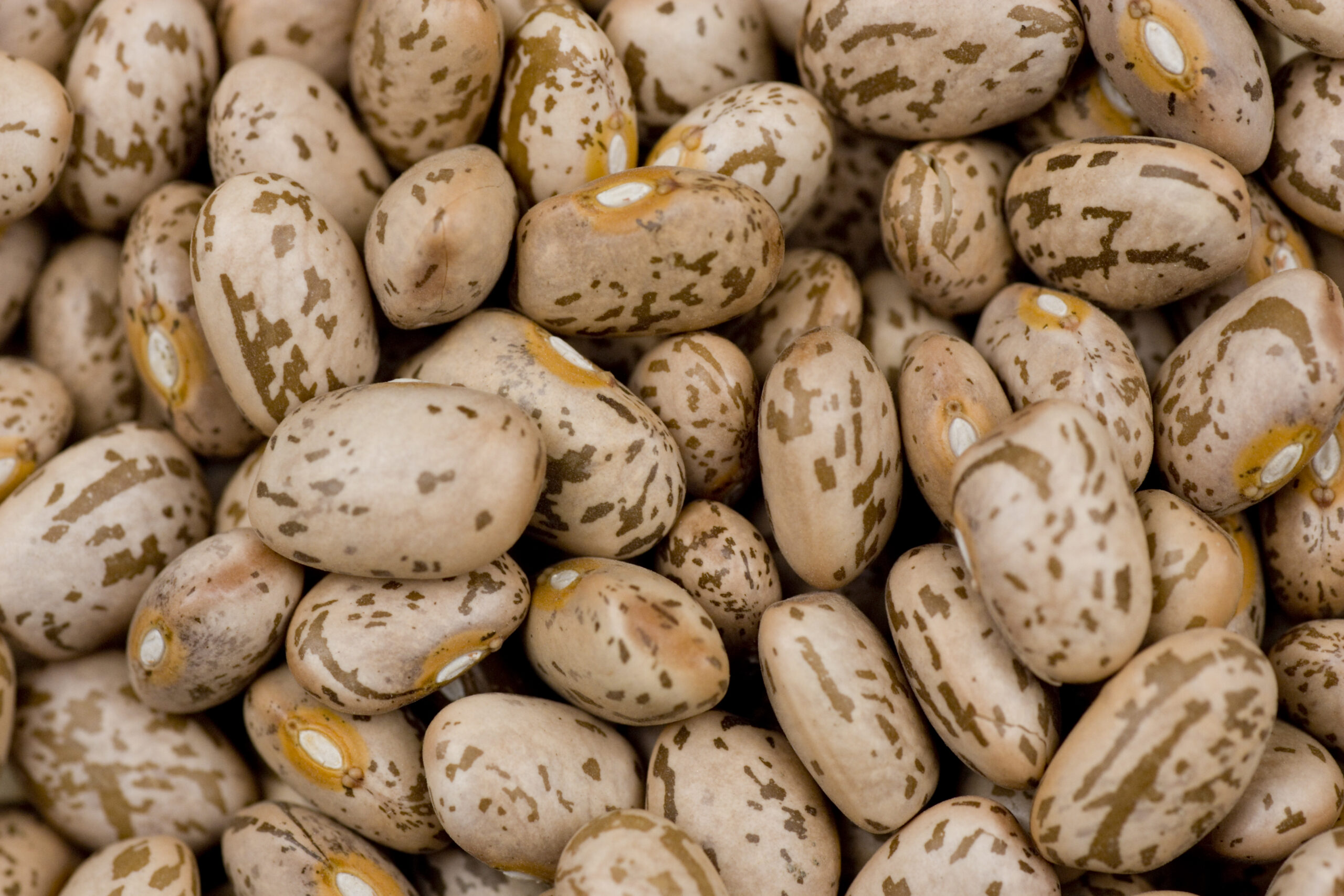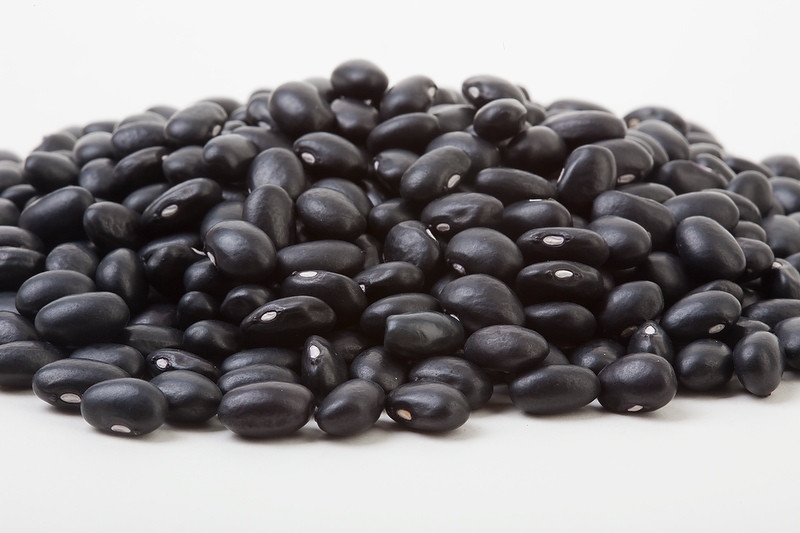Principal Investigator: Dr. Parthiba Balasubramanian
Institution: Agriculture and Agri-Food Canada, Lethbridge, Alta.
Prepared by: Nate Ort, M.Sc.
This project led by Dr. Parthiba Balasubramanian of Agriculture and Agri-Food Canada (AAFC) in Lethbridge, Alta. assessed dry bean canning and cooking quality from registration trials in Ontario, Manitoba, Saskatchewan, and Alberta. The preferences of harvested dry bean by consumers and processors is dependent on the characteristics of the physical seed (size, shape, color, colour retention, and seed coat integrity) as well as the processed seed (canning and cooking) quality traits. The objective of this research project was to assess dry bean lines grown in Ontario and Western Canada for canning and cooking quality characteristics in the Bean Pilot Plant at AAFC Lethbridge Research and Development Centre.
The proportion of hard seeds, often referred to as “stone seeds”, ability to absorb water, washed drain weight, and the seed texture, colour, clumping, and appearance are important characteristics of harvested dry bean seed to processors and consumers. Dry seed quality characteristics such as colour, size and shape are evaluated in dry bean breeding programs early in the breeding pipeline, however not until several generations later are the cooking and canning quality traits evaluated in yield trials, when there is enough seed available for processing.
Advanced yield trials were conducted in 2021 in Ontario for 73 dry bean lines (35 navy, 14 black, six otebo, six kidney, and 12 cranberry) and were evaluated for their canning and cooking quality. A summary of data and discussions were provided to dry bean breeders in Ontario and this information will be used to decide which varieties will advance to the 2022 Ontario Registration Trials.
The 2021 Registration Trials evaluated 76 dry bean lines (20 navy, 11 cranberry, five dark red kidney, three light red kidney, two white kidney, 12 black, one red, six yellow, and 16 pinto bean) at three locations in Ontario; nine dry bean lines (five pinto and four great northern bean) at three locations in Alberta; eight dry bean lines (two pinto, three yellow and three black bean) at two locations in Saskatchewan; and 22 dry bean lines (three navy, two black, two yellow, four cranberry, two light red kidney, four dark red kidney, two great Northern, and five pinto bean) at three locations in Manitoba. For Ontario, a thorough analysis and acceptability recommendations of dry bean lines for cooking and canning quality traits were sent to dry bean breeders, and they were discussed at the Ontario Pulse Crop Committee in early 2022 for their consideration when selecting promising varieties for registration and commercialization in Canada. For Manitoba, Saskatchewan, and Alberta the information collected from registration trials was discussed at the Prairie Recommending Committee for Pulse and Special Crops annual meeting when requesting support for registration of candidate varieties best suited to prairie growing environments.
Recommendations on the canning and cooking quality of promising varieties were considered by the two National Registration Recommending Committees: the Ontario Pulse Crop Committee (11 varieties) and the Prairie Recommending Committee for Pulse and Special Crops (nine varieties).
Key Findings
- Seed quality information collected in 2021 and previous years was used to support the registration of dry bean lines in Ontario and Western Canada.
- Lines in advanced yield and registration trials were evaluated for their canning and cooking quality traits. This data will be used by breeders to select dry bean lines with improved canning and cooking quality traits in the dry bean breeding program for both generation advancement and for use as parents in the hybridisation nursery.


